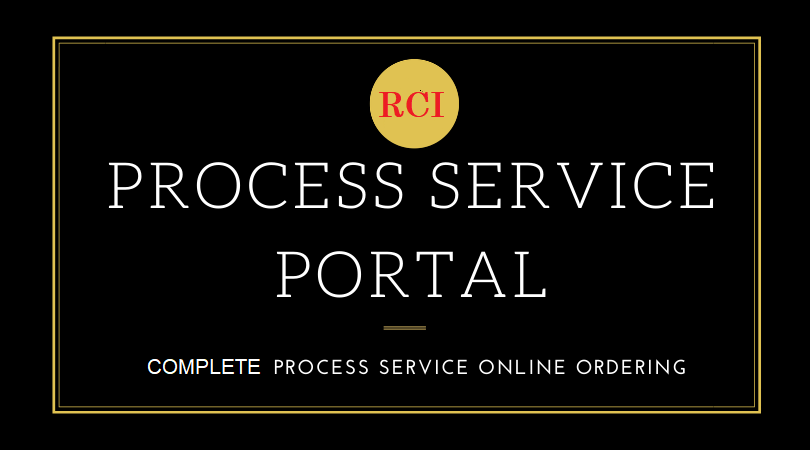4 GPS Tracker Tips
When it comes to using a GPS tracker in domestic investigations these 4 GPS tracker tips for private investigators are essential:
Tip #1 – Know the law
This first tip is obviously the most important. As a professional, you must be fully informed as to the laws governing the use of GPS trackers in your state. I really can’t stress this enough. Keep in mind your subject may cross state lines with your tracker attached to their vehicle. If you’re an investigator in Farmington, New Mexico, for example, you’ll need to know the tracker laws for not only New Mexico but Colorado, Arizona and Utah as well.
Tip #2 – You must maintain control over the GPS tracker and the tracker data
Why is this important? Because sometimes, in domestic cases a client will purchase a GPS tracker off the internet with the intention of placing it on the subject’s vehicle themselves. I know this sounds like a win-win for the PI and the client, but it presents a couple of serious issues. The first is that clients are not professional private investigators. They don’t know where to place trackers. They can get caught attempting to install or remove a tracker. The tracker can fall off or they can place trackers in areas that are easy to spot or that prohibit the GPS signal from coming through. The second and most important reason is that domestic investigations are emotionally charged and can be highly volatile. If the client is monitoring the GPS tracker in real-time and the subject meets his mistress then the client can show up and it can spell disaster.
Tip #3 – Be aware of any planned vehicle maintenance
Depending on where you place the GPS tracker on your target’s vehicle, regular or seven unplanned vehicle maintenance can present a problem. Oil changes, tuneups or even a tire rotation can alert a mechanic to the presence of a pelican box holding a GPS tracker. In domestic cases, you’ll need to be in regular contact with your client. Advise him or her that you’ll need to know as soon as possible if the vehicle is going in for maintenance. Depending on where you’ve placed the tracker, you may need to remove if before it’s taken into the garage.
And finally…
Tip #4 – “Know before you go” or “Pick before you Stick”
Meaning: Before you go out to attach a GPS tracker on your subject’s vehicle it’s important to familiarize yourself with the specific type of vehicle. For example, if your subject has a 2007 Land Rover LR3, you’ll need to find that same type of vehicle at a car lot and give it the once over before you attempt to stick a GPS on it. Why? Because every vehicle is different. Because GPS trackers are attached by use of an 80 to the 90-pound magnet and because more automobile manufacturers are using plastic and rubber. Also because some vehicles have very low clearance and you may not be able to slide under it quickly to attach the GPS tracker. Oh, and please tell me you’re using a unit that sends data in real-time.
By placing a tracker on your own surveillance vehicle you can show clients you are on the job. He adds that it also comes handy in court proceedings and allows you to bolster the claim that the surveillance did, in fact, take place. One of the other more obvious benefits is that there is a difference between “general surveillance and priority surveillance.” General surveillance is your regular run-of-the-mill surveillance. Priority surveillance makes use of GPS trackers and comes at a premium. Tracking devices are really able to provide the client with definitive results. Of course, this depends on the GPS tracking laws in your specific state.
These 4 GPS tracker tips for private investigators (actually, more than four) are not necessarily the most important but they will help you be more successful.








